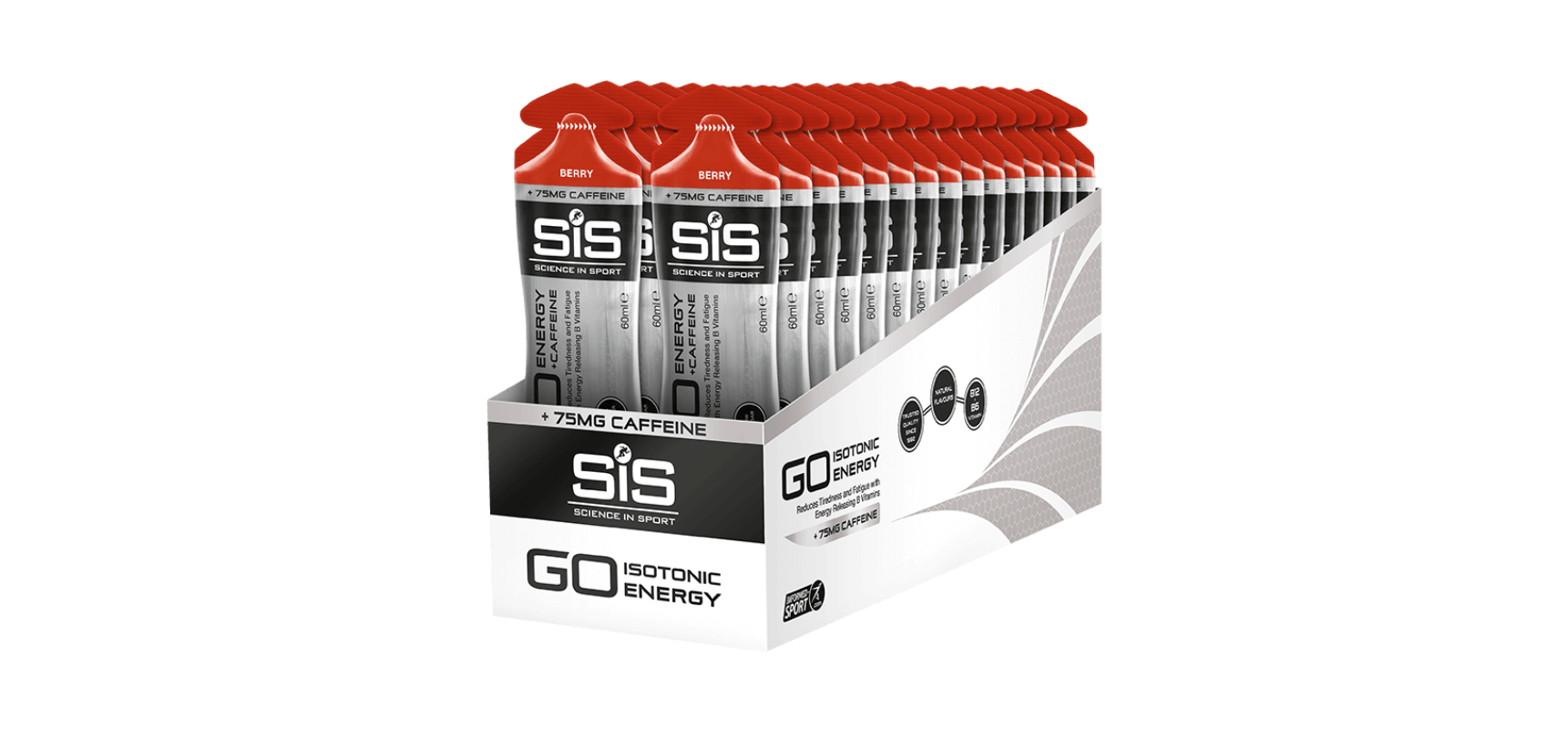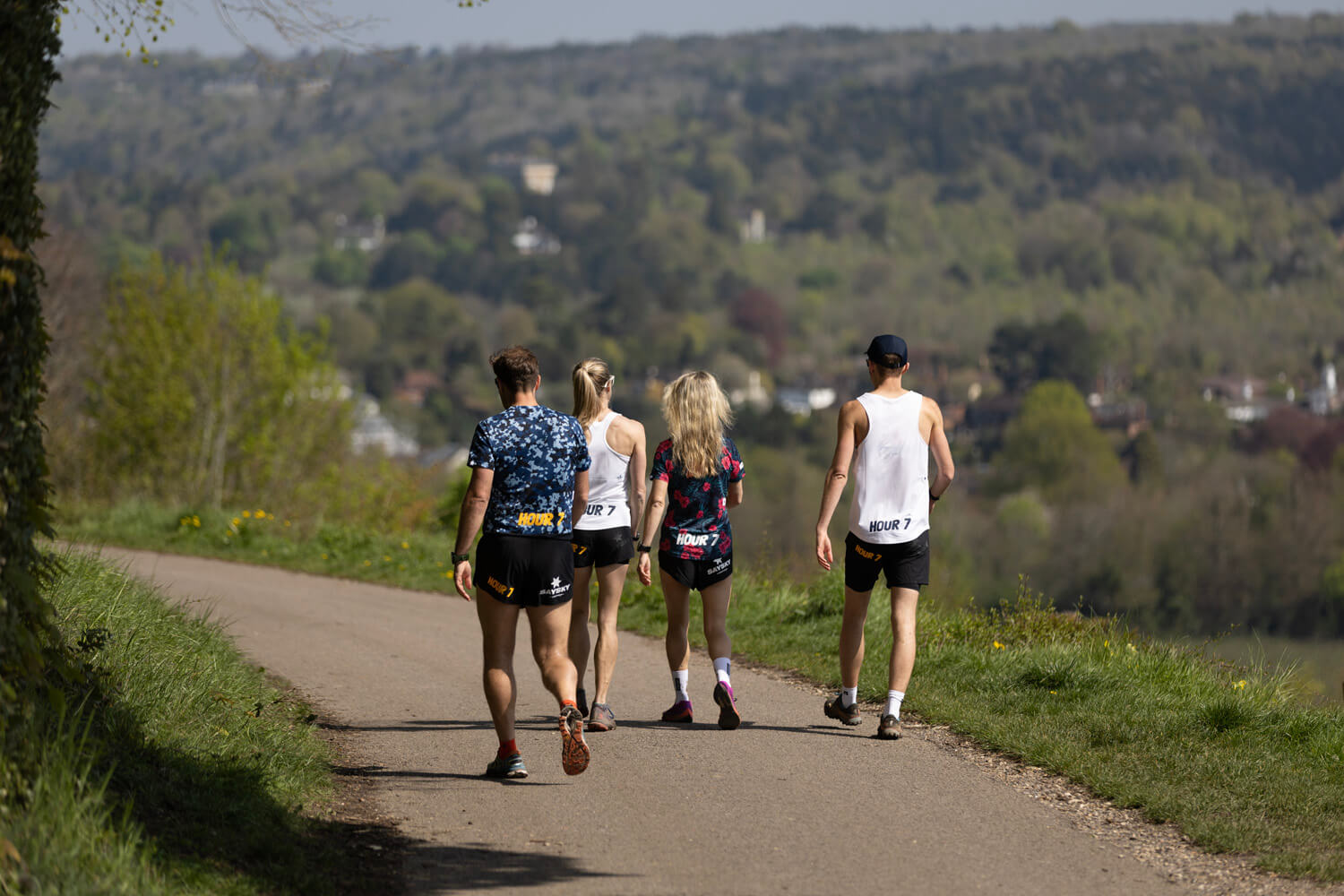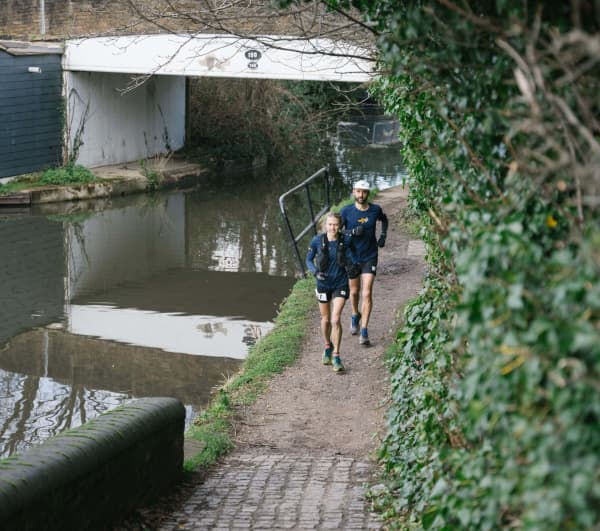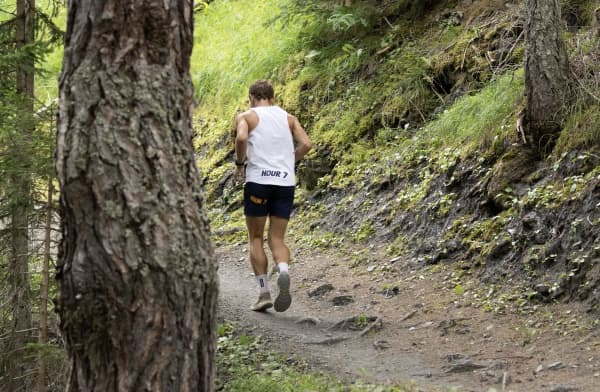Introduction
For our Hour 7 athletes, every ounce of energy counts when striving to reach new milestones. For some, in training and racing, a secret weapon exists that can give you that extra edge: caffeine.
Widely consumed by the general population for its stimulating effects, caffeine has been shown to offer substantial benefits for endurance performance.
In this article, we delve into the science behind caffeine's advantages, explore how to strategically time caffeine intake on race day, and provide recommendations for optimizing performance during races that take a bit longer than your average coffee break.
The Science behind Caffeine's Benefits
Caffeine, a natural stimulant found in various foods and beverages, has been extensively studied for its effects on endurance athletes. The primary mechanisms through which caffeine enhances performance include:
Enhanced alertness and focus: Caffeine stimulates the central nervous system, reducing fatigue and increasing mental acuity. This effect can be especially beneficial during prolonged races when maintaining concentration becomes challenging. Imagine you’re on a technical descent at 3am in the morning and you start to see how this might help.
Improved endurance capacity: In studies Caffeine has been shown to enhance muscle contractility, allowing for sustained efforts over extended periods. It also increases the utilization of stored fat as a fuel source, thereby sparing glycogen stores for later stages of the race.
Decreased perception of effort: Caffeine influences the brain's perception of fatigue, making exertion feel more manageable. This can be particularly advantageous during the latter stages of a race when exhaustion sets in and everything is a little slower than normal for the same effort.
Timing Caffeine Intake on Race Day
To make the most of caffeine's benefits, it's crucial to strategize its consumption effectively.
Here's a recommended timeline for incorporating caffeine into your race-day routine:
Pre-race (60-90 minutes before): Consume a moderate dose of caffeine, such as 1-3 mg per kilogram of body weight.
This timing allows caffeine to reach peak blood levels just as you approach the starting line, providing a boost in alertness and focus without interfering with sleep the night before.
During the race (strategically planned intervals): Sip on a caffeinated sports drink or consume caffeine-containing gels or chews at planned intervals throughout the race. Aim for a dosage of 1-2 mg of caffeine per kilogram of body weight every 3-4 hours to maintain the desired effect.
This approach helps counteract the development of tolerance and prevents caffeine overload.
Final stages of the race (last 1-2 hours): Consider a higher dose of caffeine, around 3-6 mg per kilogram of body weight, to combat the accumulated fatigue and optimize performance when it matters most.
Be mindful of individual tolerance levels and potential gastrointestinal side effects.
Remember, experimentation and practice during training runs are crucial to determine your optimal caffeine intake strategy and to avoid any unexpected surprises on race day.

(Science in Sport caffeine hydration tablets. Photo: www.scienceinsport.com)
Types of caffeine in racing?
For anyone who has tried to drink an espresso whilst dropping a 5 minute mile (or a blueberry tea during a XC ski race) you will be grateful to know it comes in several shapes and sizes for sport.
Caffeine gels and drinks: Products such as SIS Cola (75mg) or Double Espresso (150mg) Gel can be a great way to combine your carbohydrates and caffeine in a race fuelling plan.
Caffeine Chews: These come in varying strengths and these have been proven to be one of the fastest acting forms of caffeine for getting into the blood stream, but this comes with the downside of a reduced time of effectiveness.
Caffeine pills: Slightly slower acting than the gum, but in different dosages there are options of caffeine pills ranging from 30-200mg, but be wary of taking bigger amounts in one hit as this can cause problems.

(Caffeinated energy gels. Photo: www.scienceinsport.com)
Considerations for the longer events
Endurance races lasting seven hours or more (see the subtle team link there?) require careful attention to fuelling and hydration. When incorporating caffeine into your race-day nutrition plan, here are some additional considerations:
Hydration is key: Pair caffeine consumption with adequate fluid intake. Aim to drink to maintain hydration levels, varying for environmental conditions and individual variations. Importantly Ensure your chosen caffeine source doesn't compromise your hydration strategy.
Balanced nutrition: Alongside caffeine, consume a mix of easily digestible carbohydrates and electrolytes to sustain energy levels and maintain electrolyte balance. Experiment with caffeinated gels, chews, or sports drinks during training to find what works best for you and don’t leave yourself in a situation where you only have caffeinated food options.
Practice makes perfect: Test your caffeine-fuelled race-day nutrition plan during long training runs or simulated race scenarios. Fine-tune your strategy based on individual preferences, tolerances, and responses to caffeine.
More is not always better: Some think that simply adding more caffeine will always make things better but there is a saturation point in terms of benefits and beyond this the chance of negative impacts such as GI issues, increased HR, dizziness and anxiety too. Work out the right amounts for you and don’t neglect your other hydration and fuelling needs.
Conclusion
It's crucial to remember that individual responses to caffeine can vary and experimentation during training runs are key to discovering the optimal caffeine intake strategy that works for you.
Pay attention to hydration, balanced nutrition, and the potential for gastrointestinal side effects when incorporating caffeine into your race-day plan. We all know what a morning coffee can help with.



